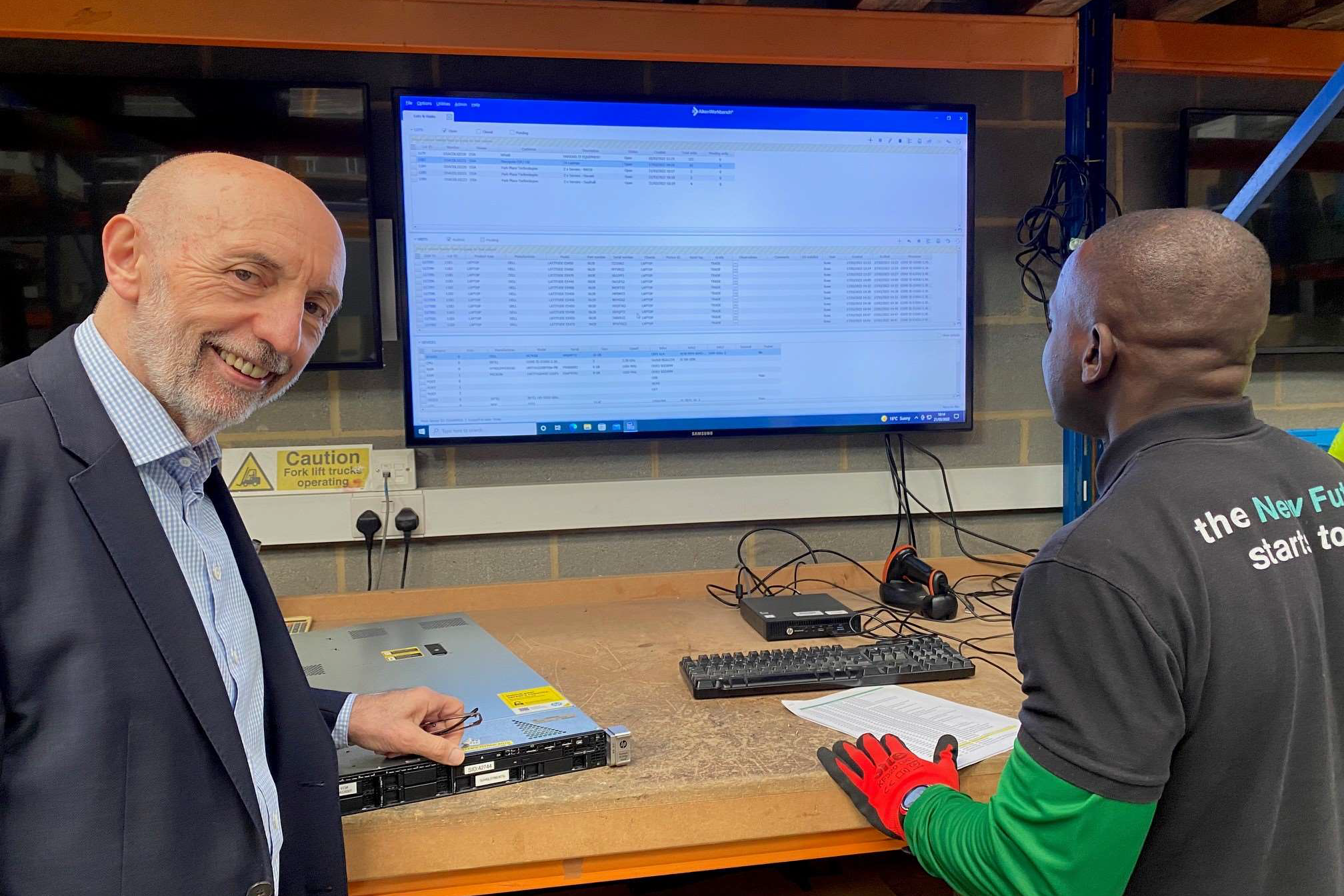We all have a responsibility to reduce reoffending and hire ex-offenders and here is why…
In 2019, the Ministry of Justice (MoJ) revealed a jaw-dropping statistic: reoffending among adult offenders identified in 2016 cost society a whopping £16.7 billion (Gov.uk). It’s an eye-opening figure, but who should shoulder the responsibility for curbing it?
Harry Benham, Chairman of DSA Connect, sat down with the Ministry of Justice to share his bold stance on hiring ex-offenders. “I see it not as a thing they call “Do-Gooding” he emphasised “I see it as a thing we should be doing, a responsibility”, to ensure that they get back into society as returning citizens once they’ve been released. Throughout his career, he’s championed the cause, hiring ex-offenders and witnessing their transformation firsthand. He firmly believes that once individuals have served their time, they deserve a fair shot at a fresh start in the workforce. After all, what’s the alternative? Not only is it self-deprecating for those leaving prison but there is a great cost to society. A monetary cost and the pain and anguish both families and communities suffer from reoffending. Offering jobs to those ex-offenders who are willing to give back to society not only impacts them but society as a whole.

It has been proven that ex-offenders who have been offered jobs are less likely to offend in the future. It allows them to feel productive, obtain self sufficiency and independence thus being a benefit to society. It goes without saying that by hiring ex-offenders companies not only benefit from the increased talent pool but also form the enhanced corporate social responsibility (CSR) credentials. Having made 3 hires so far (with a few more in the pipeline), DSA Connect has found that ex-offenders can make extremely loyal and hard-working employees.
We spoke to one of our employees who we hired directly from our prison workshop to gauge the impact it has had on their life (let’s call him Edward). Edward has been an exemplary employee, arriving with skills that he learnt in prison and an enthusiasm to learn and better himself so that he can progress and move himself as far away from trouble as possible. Inside, prisoners have access to a wide range of learning material, meaning many of them come out educated and trained in vocational skills that employers need. In an interview with the MoJ Edward stated “The workshop prepared me to get back into normal society and into normal working life”. He felt that the transferable skills he learnt could be used in a real working environment. When, after Edward’s first month’s work, he thanked Harry for the opportunity he had been given. Harry’s reply was simple “ Thank you Edward, but the Pathway to Employment with us was always there, you really need to thank yourself, for it was you that made those strides to change and to focus, in order to get back into society”.
Despite high unemployment rates among ex-prisoners, it’s not due to lack of effort in seeking employment. Instead, discriminatory hiring practices often hinder their ability to secure jobs crucial for rebuilding their lives. Actively recruiting former prisoners has been shown to decrease reoffending rates. Many of these individuals are eager to leave their criminal past behind and employment plays a vital role in keeping them on the right path. Where organisations across the UK have struggled to fill positions due to skills shortages in the past year, it makes good business sense to open the talent pool up to ex-offenders. Not without mentioning, the positive impact it also has on the individual to help them get their lives back on track. When speaking to another of our employees who is an ex-offender he said “It gave me stability and made me ready to re-integrate into society”.
We understand that there may be a slight level of trepidation for employers who may consider looking at those leaving prison to fill their job opportunities. The main concern being that they worry whether ex-offenders are not trustworthy. However, the Government found that over 80% of employers of ex-offenders have positively rated their reliability, motivation, attendance and performance (Gov.uk). By looking past prejudice, stereotypes, and bias, we unlock the potential of individuals who are integral parts of our society. This shift not only transforms businesses for the better but also enriches our society and strengthens our communities.
So, if your organization is ready to embrace this responsibility and explore the transformative power of hiring ex-offenders, DSA Connect is here to share our insights and experiences. Who knows? Your next star employee might just be waiting for an opportunity to shine, ready to rewrite their own success story.
